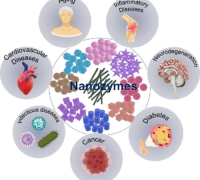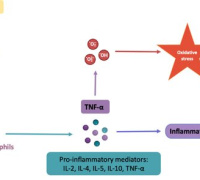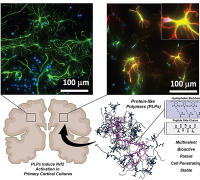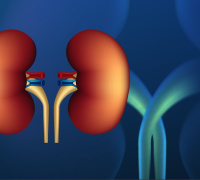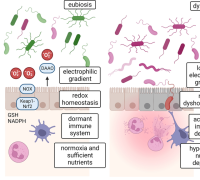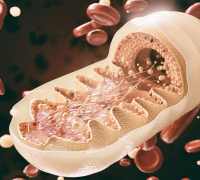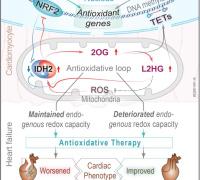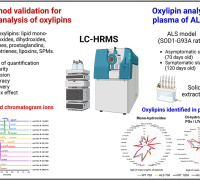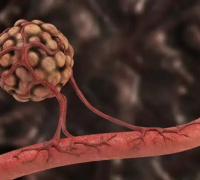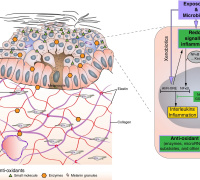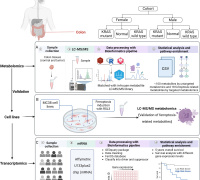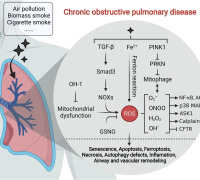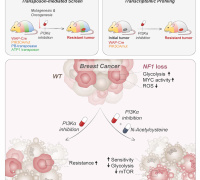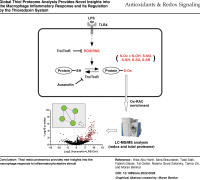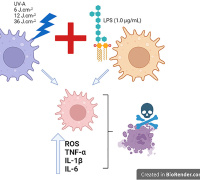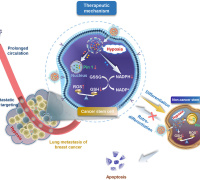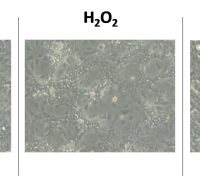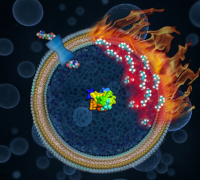Aging and Lifespan Extension: Insights into Fundamental Molecular Mechanisms

Even with all the research and advancements, strategic questions related to the aging process still persist. A new study by researchers from the University of Cologne, published in Nature, suggests breakthrough insights into these questions.
In their study, Debès et al. reported that ageing is associated with a decline in physiological homeostasis, which is partly due to impaired cellular processes such as transcription and RNA splicing.
They found that the speed of RNA polymerase II (Pol II), the enzyme responsible for transcribing DNA into RNA, increases with age in all five metazoan species studied (nematodes, fruit flys, mice, rats, and humans). This increase in Pol II elongation speed is associated with changes in splicing, including a reduction of unspliced transcripts and the formation of more circular RNAs.
Debès et al. showed that two lifespan-extending interventions, dietary restriction and lowered insulin–IGF signaling, both reversed most of these ageing-related changes in transcription and splicing.
Genetic variants in RNA polymerase II that reduced its speed in worms and flies also increased their lifespan. Similarly, reducing the speed of RNA polymerase II by overexpressing histone components, to counter age-associated changes in nucleosome positioning, also extended lifespan in flies and the division potential of human cells.
In conclusion, their findings uncovered fundamental molecular mechanisms underlying animal ageing and lifespan-extending interventions, and point to possible preventive measures.
In summary, they suggest that slowing down the speed of RNA polymerase II could be a promising strategy for extending lifespan. This is because a slower Pol II would have more time to proofread transcripts, resulting in fewer errors. Additionally, a slower Pol II would be less likely to disrupt chromatin structure, which is important for gene regulation.
Redox Medicine Society
Website | LinkedIn | Facebook


































